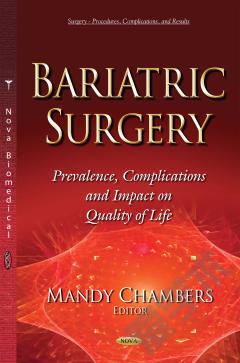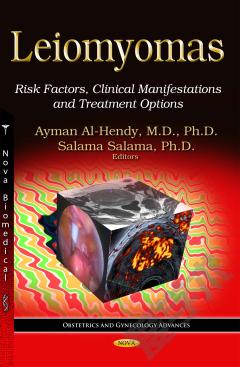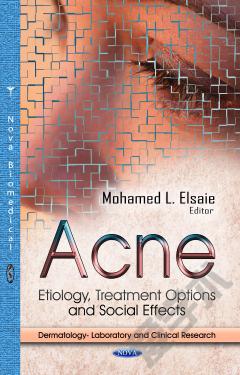Aphasia: Clinical Manifestations, Treatment Options and Impact on Quality of Life
The loss (complete or partial) of verbal language as a result of some brain condition with preservation of the primary inputs (like auditory, visual or somatosensory projections) and outputs (like motor projections) can be defined as aphasia. The first chapter of this book deals, principally, with some psychological and epistemological issues in the aphasia topic. It discusses the models and approaches for characterizing aphasia. People who develop aphasia must adjust their lifestyles and learn to cope with the activity limitations that follow from their disability. Aphasia can profoundly affect a person’s capacity for academic achievement, occupation, social participation, and also financing. This is especially true for children, who have yet to go out into the world to become a member of society. Chapter two and three discuss the phenomenon and impact of acquired aphasia in children. The final chapter examines subcortical aphasia.
{{comment.content}}








 京公网安备 11010802027623号
京公网安备 11010802027623号